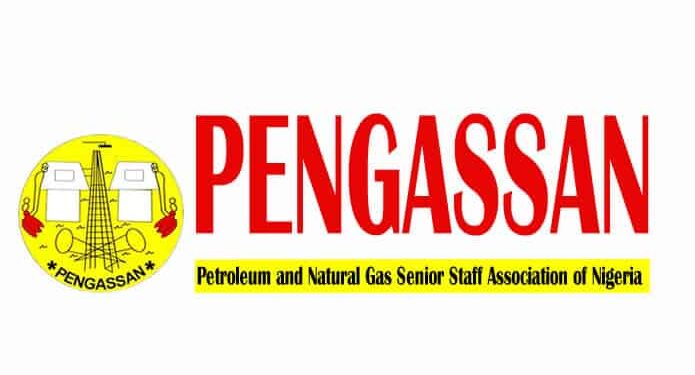The Federal Government has successfully mediated a resolution to the labour dispute between Dangote Refinery and the Petroleum and Natural Gas Senior Staff Association of Nigeria, averting a crisis that threatened Nigeria’s fuel supply stability.
After two days of intensive negotiations on Monday and Tuesday, both parties reached an agreement that disengaged workers would be reabsorbed into other companies within the Dangote Group without any reduction in their salaries. The breakthrough followed high-level intervention by senior government officials led by the Minister of Labour and Employment, Mohammed Maigari Dingyadi.
The conciliation meeting brought together key members of the administration including National Security Adviser Nuhu Ribadu, Minister of Finance and Coordinating Minister of the Economy Wale Edun, Minister of Budget and Economic Planning Abubakar Bagudu, and the Minister of State for Labour and Employment, underscoring the strategic importance attached to resolving the dispute.
During the negotiations, Dingyadi emphasized the constitutional rights of workers to organize, reminding both parties that unionization rights in accordance with Nigerian law must be respected. His intervention set the tone for productive discussions that ultimately yielded a mutually acceptable resolution.
According to a communiqué issued after the meeting, PENGASSAN had directed members to stop gas supplies to Dangote Petroleum and withdraw their services in response to the termination of over 800 union members by Dangote Refinery and Petrochemical Limited management. The union viewed these dismissals as an attack on workers’ rights and an attempt at union-busting.
The Dangote Refinery management, however, explained that the worker disengagements resulted from an ongoing reorganization within the company rather than anti-union activities. This explanation formed part of the discussions during the government-brokered talks.
The communiqué detailed the specific resolutions agreed upon by both parties following lengthy deliberations. “The Honourable Minister of Labour informed the meeting that unionisation is a right of workers in accordance with the laws of Nigeria and that this right should be respected,” the statement noted.
After examining the procedures used in disengaging the workers, the meeting participants agreed that Dangote Group management would immediately begin the process of transferring the affected staff to other companies within the conglomerate’s extensive business portfolio, ensuring no financial loss to the workers.
A critical provision of the agreement protects workers from retribution related to the dispute. The communiqué explicitly stated that no worker would be victimized due to their role in the impasse between Dangote and PENGASSAN, providing assurance against future reprisals.
In response to the agreement, PENGASSAN committed to initiating the process of calling off the strike that had paralyzed operations at key oil and gas regulatory institutions including the Nigerian National Petroleum Company Limited, the Nigerian Upstream Petroleum Regulatory Commission, and the Nigerian Midstream and Downstream Petroleum Regulatory Authority.
The communiqué emphasized that both parties entered into this understanding in good faith, suggesting a genuine commitment to implementing the agreed terms and moving forward constructively.
The successful resolution prevents potential disruptions to Nigeria’s fuel supply chain that could have resulted from prolonged industrial action. The Dangote Refinery plays a crucial role in domestic petroleum product availability, making any interruption to its operations a matter of national economic concern.
The agreement represents a compromise that addresses PENGASSAN’s concerns about workers’ rights while allowing Dangote to continue its organizational restructuring. The solution of transferring workers to other Dangote Group companies rather than outright dismissal provides job security while accommodating the refinery’s operational needs.

















